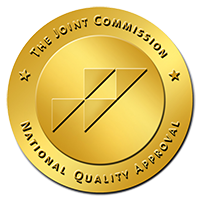
We spend about a third of our lives sleeping. Sleep allows both the body and mind to rest and recuperate. According to the CDC, nearly one in three adults don’t get enough rest. Sleep is how our mind & body heal. It especially helps our immune system stay strong and able to fight off sicknesses of varying degrees.
SOME BENEFITS OF HEALTHY SLEEP HABITS ON THE PHYSICAL SIDE INCLUDE:
— STRENGTHENING OF THE IMMUNE SYSTEM
— MUSCLE REPAIR
— CLEANING OF BRAIN TOXINS
— LESSER RISK OF OBESITY (INCREASES METABOLISM) — INCREASE HEART HEALTH
— REDUCES PAIN AND INFLAMMATION
SOME BENEFITS OF HEALTHY SLEEP HABITS ON THE MENTAL HEALTH SIDE INCLUDE:
— INFORMATION PROCESSING AND MEMORIZATION — MOOD REGULATION
— REDUCED RISK OF DEPRESSION
— IMPROVES OVERALL PSYCHOLOGICAL WELLBEING
So exactly how much sleep should you get to be considered “healthy?” The age-old question requires an age-old answer: it depends. The right amount of sleep for one individual might not be right for someone else. When you wake up and feel well-rested is the best way to recognize that you got enough sleep. In general, according to multiple sources, adults should get about 7-8 hours of sleep while children are closer to 9-13 hours, and infants need between 14-19 hours.
A good way to develop healthy sleeping habits is by tracking your sleep. There are some different ways you can do this. If you’re tech-savvy, a sleep-tracking app on your phone or other smart device might be a good option. If you prefer some-thing more traditional or tangible, a sleep journal where you write about how long you slept, the quality of sleep, your dreams, etc. could help.
Ask your primary care provider if a sleep study is right for you.



